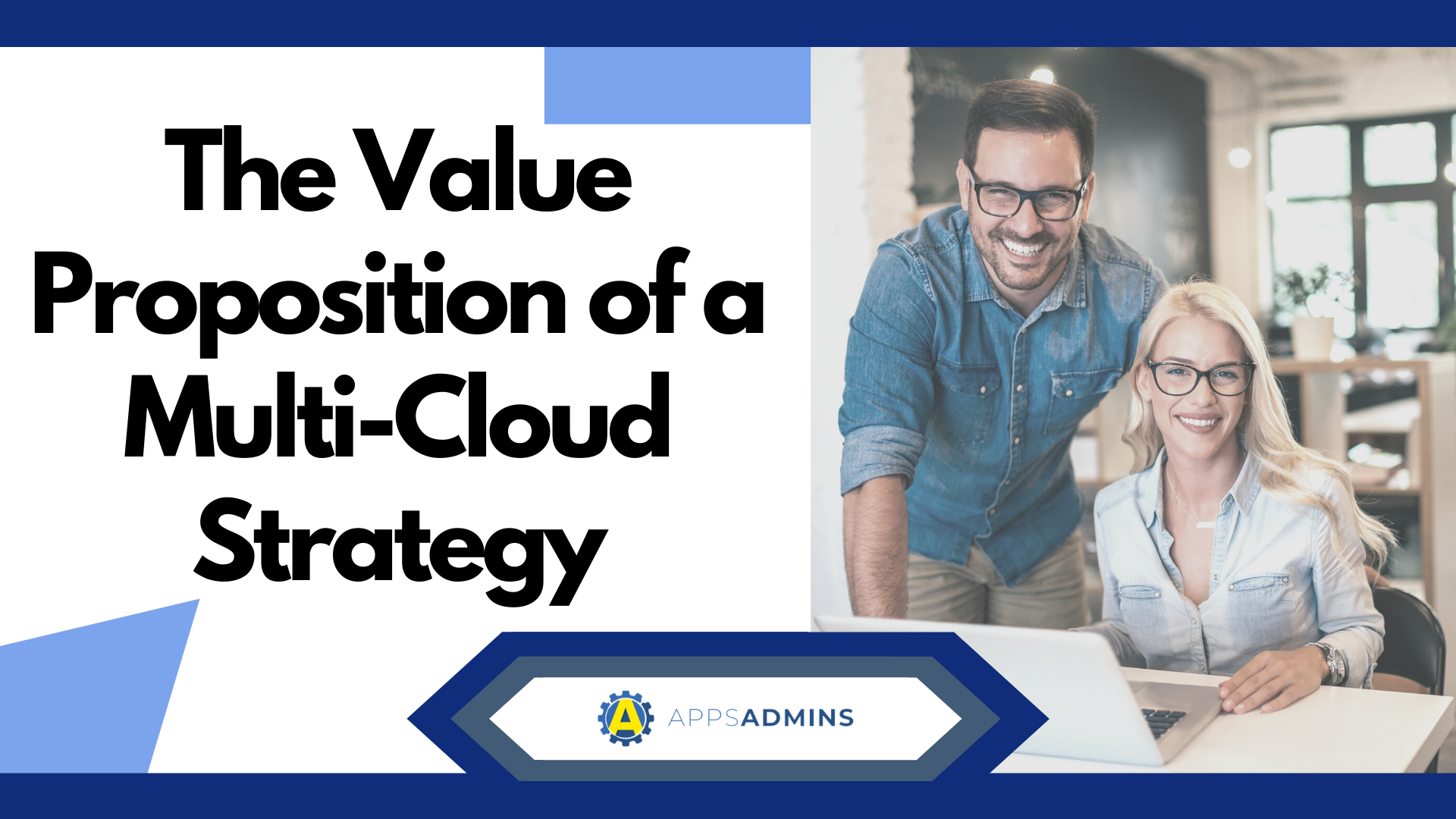G Suite Business Free for 30 Days
Sign up for a Free 30 Day Trial of G Suite Business and get Free Admin support from Google Certified Deployment Specialists.


Each year, Gartner publishes a new "IaaS Magic Quadrant" report, which is designed to rank the leading vendors across the cloud marketplace. Often seen as one of the most important reports for cloud development, the IaaS overview frequently focuses on the competition between Google, Microsoft, and AWS, as the main competitors for the space.
Since it first entered the "Visionary" quadrant, in 2014, Google cloud has been striving to enter the "Leaders" space. The good news is that the latest reports seem to indicate that Google is hot on the tail of its competitors, and may even be able to offer those considering cloud infrastructure benefits that its rivals cannot.
Of all the potential contenders in the space, it's the Google Cloud platform, with its new Compute Engine, App Engine, and development in various partner areas is the only company to come close to reaching a leadership position. Google's core services are solid and well implemented, and the latest report seems to highlight the fact that CIOs and those interested in Multi-Cloud should begin to explore the possibilities Google has to offer this summer.
Thanks to the Google Compute Engine, and the availability of its virtual machines, it's easier than ever for enterprises to use Google to mirror initiatives for head-to-head comparisons, or lift-shifting new workflows.
Google's Weaknesses According to Gartner:
Is Complexity Really a Problem?
So, if Google has so much obvious value to offer, why is it that the company hasn't already entered the Leadership space? In the IaaS report, Gartner tends to outline two strengths and two weaknesses of each of the brands that it ranks. The first weakness it introduced for Google suggested that the company has
"…only recently begun to build an ecosystem around its IaaS capabilities."
Gartner went on to say that this slower approach might "significantly heighten" the challenges of moving into the Google Cloud Partner ecosystem.
However, it's important to note that even if the GCP has only just begun to expand, it's growing with significant speed. The partner ecosystem grew by over 200% during the latest four quarters, and this growth has been driven by a new approach to strategic partnerships, alongside growth across partners in the broader ecosystem.
Today, companies are starting to see the value in the multi-cloud approach through Google, and with the help of experts, CIOs and marketplace leaders can discover the solutions that are tailor-made to boost their performance.
For example, Our own Google Certified Cloud Engineers at Coolhead Tech's Apps Admin Marketplace work alongside IT departments and directors to help them understand their needs and implement the right services through Google cloud. In 2017, they withdrew from their Google Cloud partnership program to ensure they could give mid-market companies a fully objective solution for multi-cloud strategies.
Businesses like this can help to match customers and projects with Google cloud partners, and Coolheadtech.com even began "AppsAdminMarketplace.com" for this specific purpose, to help find and access vetted Google Certified specialists in the cloud.
The Issue of Growth: Google's Scope is Already Expanding
The second apparent "weakness" that Gartner cited drew attention to the fact that, although Google has a range of effective core PaaS and IaaS capabilities to offer, it's feature set and services are:
"Not as broad as that of the market leaders."
While that might have been true in the past, it's worth noting that the analyst assessment undertaken by Gartner has some lag to contend with when addressing the current state of Google's services. The truth is that Google is already at parity with market leaders, having closed the gaps in services and features by adding access management and identity tools, virtual private cloud solutions, compliance certifications, auditing, and a range of security features too.
Google has also responded with a strong momentum of introducing the most desired Enterprise workload solutions. For instance, they're providing GPUs, cloud TPUs, SAP support, server support, and more. In some spaces, the company has even managed to out-do their competitors. For instance, one area of significant differentiation is the network that has allowed Google to build the only globally consistent, and synchronously replicated database in the world - Spanner.
As Google continues to expand, now is the perfect time for CIOs to take advantage. They can deploy some of the virtual machines available, make the most of the Google free "lift-and-shift" tools for migration, and test out the services that the company has to offer. By examining the available solutions, IT sectors can find out how costs and core services compare to the competitors.
Since Google's initiative is growing, there's plenty of opportunity for short-term gains in advantages and features.
Google's Strengths According to Gartner: Ready for Multi-Cloud
Gartner was happy to commend Google for its approach to improving adoption of its cloud infrastructure. According to the analyst company:
"Google is increasingly positioning itself as an "open" provider"
Google has long been a leader in the world of business innovation, and a leading open-source contributor focused on improving portability and enhancing the world's ecosystem for technology. From cars that know how to drive themselves thanks to the latest AI developments, to pioneering technologies in the world of internet, technical infrastructure, and advertising - Google is at the front of innovation.
The portability of Google's infrastructure is perfect for the benefits of the multi-cloud strategy, as it allows companies to save money, while gaining access to instant expertise, through a shared operations approach which teaches customers how to run operations effectively.
There's no need for companies to start training their staff how to use Google Cloud, as Google themselves are putting their world-class engineers up for the job. Additionally, Google has also begun to certify experts in Big Data, Cloud Architecture, and Apps Administration. For instance, AppsAdminMarketplace currently offers instant access to Google certified experts, to reduce the impact on internal IT and HR staffing.
Google's Strengths According to Gartner: An Aggressive Go-to-Market Strategy
Finally, Gartner also noted that Google has become "much more aggressive in its [Cloud Platform] Go-To-Market Strategy.
"much more aggressive in its go-to-market strategy".
According to Gartner, Google is now competing increasingly for digital projects for business in the enterprise space. Google responded to that comment by stating that the cloud space continues to be one of their most significant areas of investment, with about $29.4 billion in Capex across the last three years.
Alongside strong investments in Capex, Google Cloud has also made significant headcount investments in an attempt to expand its customer engineering and sales teams to provide partnership expansion and customer coverage.
Ultimately, the Google Cloud and Partners are eager for business and ready to start competing more aggressively in the marketplace. This is a brand-new approach for Google, who typically turned away from IT department's requests for volume discounts, assistance, and access to technical information in the past.
Right now, it seems as though CIOs should take advantage of the new pricing structure while they can, and lock in some long-term savings through multi-year contracts in a company ready for serious innovation.
.jpg?width=818&name=appsadmins-svg-rules-1%20(2).jpg)







